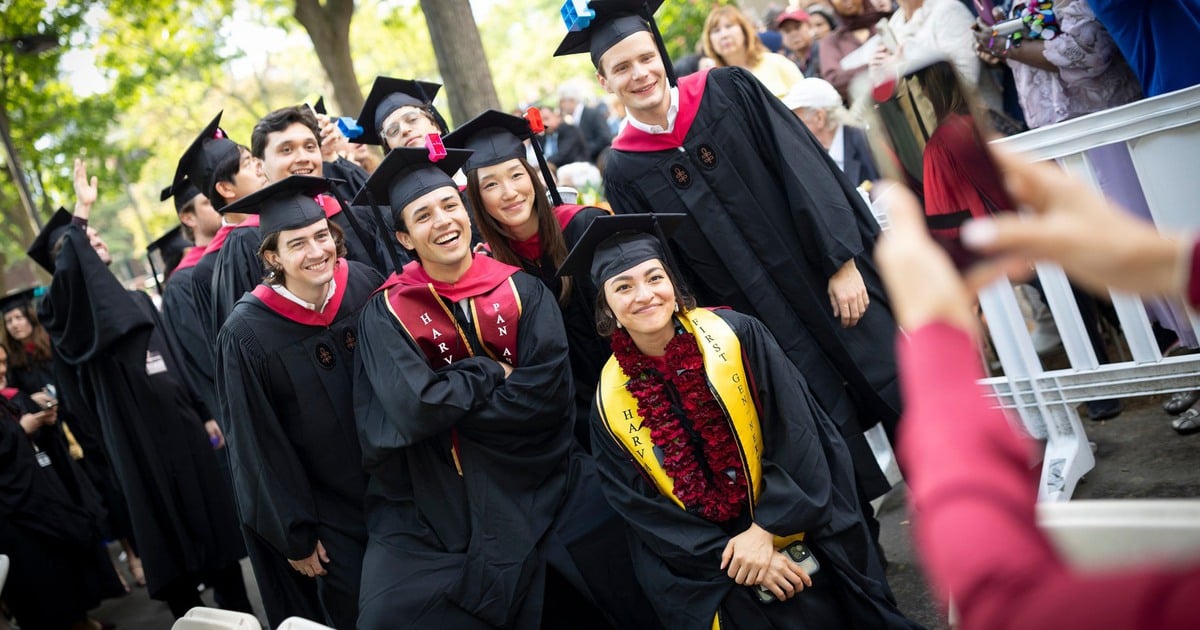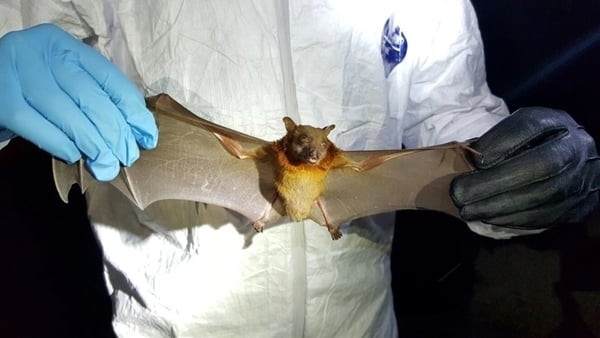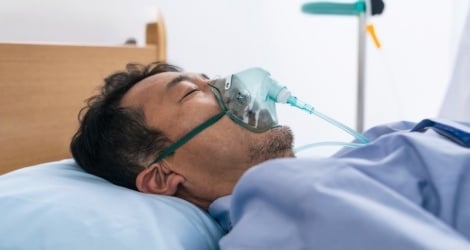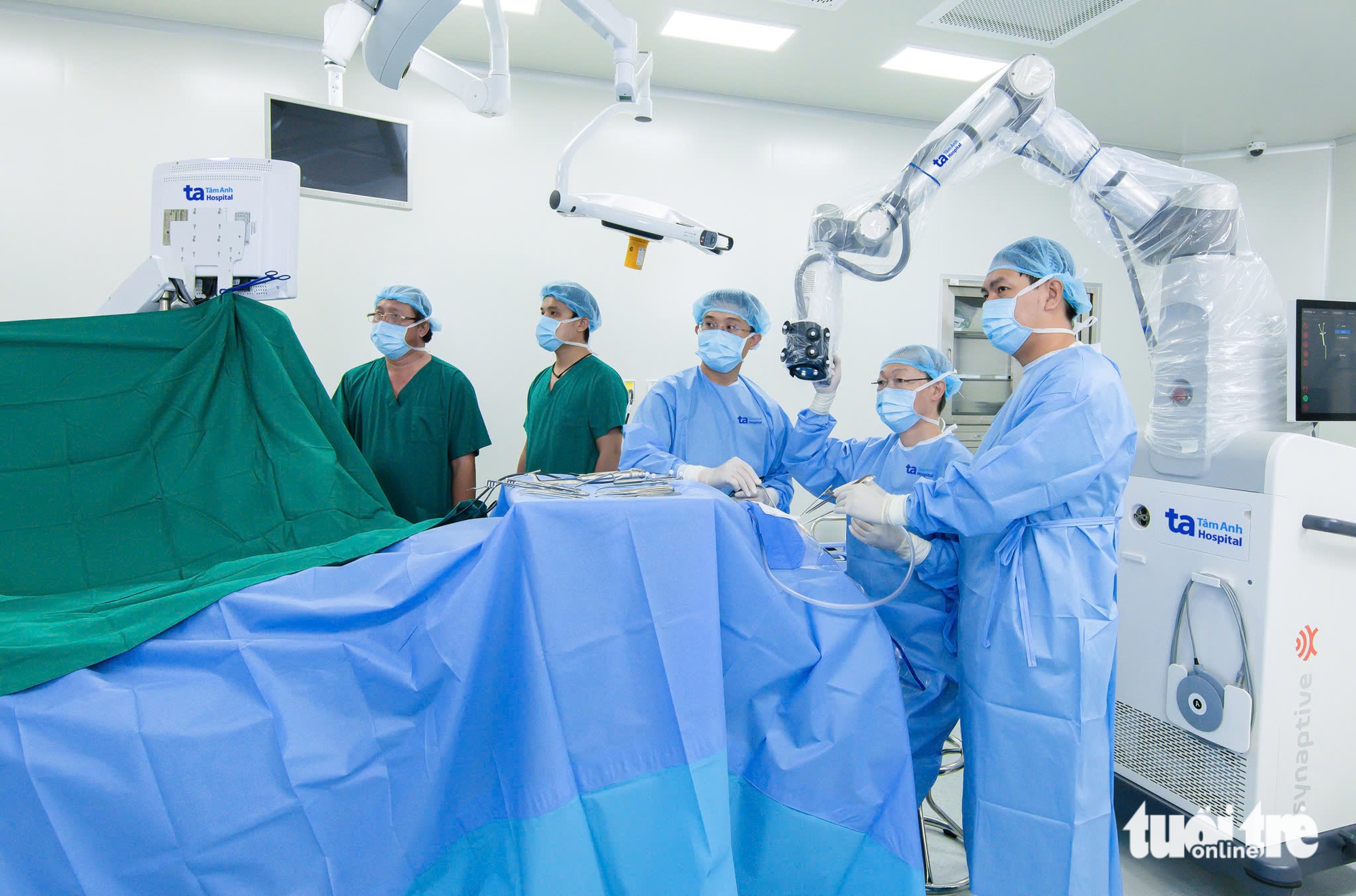The Ministry of Health recently held a conference to disseminate the revised Law on Medical Examination and Treatment (KCB) to health departments and public and private hospitals, focusing on the basic new points that will be implemented when the law takes effect from January 1, 2024. According to the Ministry of Health, the revised Law on Medical Examination and Treatment with many new points creates an important legal corridor for the field of medical examination and treatment from the perspective of patient-centeredness, fairness, efficiency, quality and development.
Prof. Dr. Tran Van Thuan, Deputy Minister of Health, Vice Chairman in charge of the National Medical Council, said that one of the important new points in the management of practitioners is the regulation on organizing the examination to assess the capacity of practitioners before granting a practice license by the National Medical Council. This is a meaningful content to promote the improvement of the training quality of schools in the health sector and improve the quality of practitioners.
In terms of technical expertise, the revised Law on Medical Examination and Treatment has new points such as: supplementing regulations on foreign emergency activities, principles and policies of the state on foreign emergency systems, in which the state budget ensures funding for investment in establishing a state-owned foreign emergency system; costs of emergency transportation in case of natural disasters, catastrophes, dangerous infectious diseases, etc.
Notably, the law regulates a number of contents related to professional errors and establishes a professional council to resolve disputes in medical examination and treatment. Accordingly, in case of medical accidents occurring to patients, medical examination and treatment facilities are responsible for compensation according to the provisions of law.
The revised Law on Health Care regulates support for training in specialties that need to attract human resources. Accordingly, the state grants scholarships to encourage study for students in the fields of psychiatry, pathology, forensic medicine, forensic psychiatry, infectious diseases and emergency resuscitation, with qualified study results.
Source link








































Comment (0)